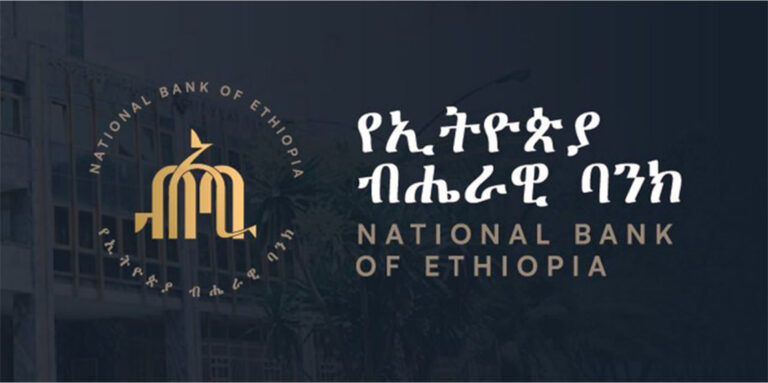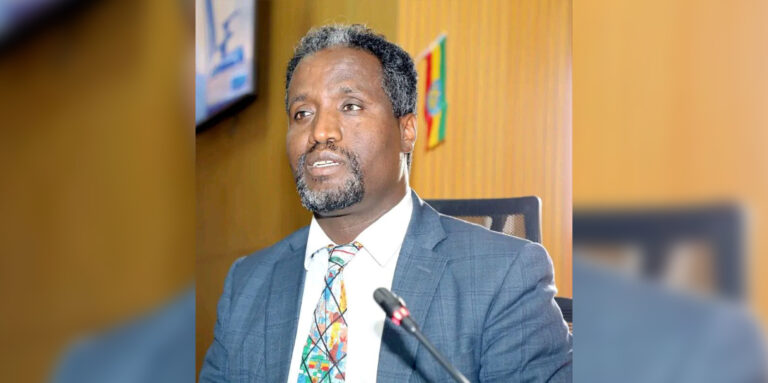In a bold and decisive effort to rescue the nation’s financial system, the National Bank of Ethiopia (NBE) has initiated an unprecedented crackdown on illicit financial activities, targeting a vast shadow economy marked by tax evasion, terror financing, and illegal currency trading.
Newly appointed Governor Eyob Tekalegn is leading this initiative following high-stakes meetings at the World Bank and IMF in the United States. In a passionate video address this week, he issued a stark warning to those engaged in illegal activities, pledging that the regulatory body would implement “rigorous and harsh measures” to dismantle illegal money transfer networks.
On Friday, the central bank delivered a regulatory bombshell, ordering all commercial banks to immediately gather and submit detailed information on clients—primarily businesses and individual traders—suspected of concealing their commercial activities by using personal or third-party bank accounts.
An internal assessment by the NBE revealed a widespread and intentional scheme in which a “significant number” of businesses operate through hidden personal accounts to evade scrutiny from the Ministry of Revenues.
“This practice seems designed to evade oversight by tax authorities, and such transactions may reasonably be suspected of being proceeds of crime or linked to illegal activities,” the NBE stated in a forceful press release, indicating a clear shift towards a zero-tolerance policy.
This financial offensive is part of a coordinated government strategy aimed at addressing the growing disparity between official and black-market exchange rates—a gap that has stifled the legitimate economy and fueled a thriving parallel market.
Simultaneously, the Customs Commission has implemented its own stringent measures, instructing its branches to reject any import shipments where the volume of goods clearly exceeds the amounts specified in the official letter of credit. The Commission has warned of “harsh measures” against complicit customs officers, clearing agents, and importers.
Financial experts are praising these synchronized announcements as a direct attack on the foundation of the black currency market. “This is a surgical strike,” commented one analyst. “Importers have been using illegal overseas remittance networks to pay for over-invoiced goods, draining the country of essential foreign currency. The government is now severing that pipeline at both ends.”
With Governor Eyob solidifying his leadership through these drastic actions, a clear message is being sent: the era of financial impunity is over. The NBE has committed to a “coordinated action” to combat these illicit practices, signaling that the full force of the state will target those who have long operated in the shadows.
The financial community is now preparing for a period of intense scrutiny and regulatory oversight as Ethiopia takes a decisive stand to protect the integrity of its economy.







